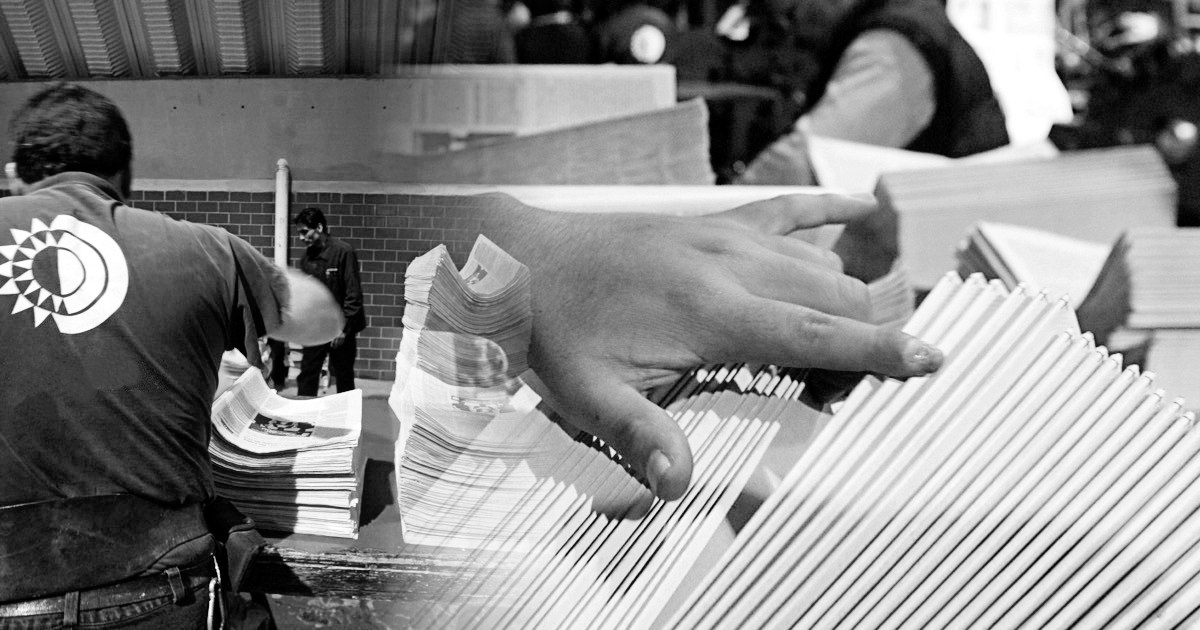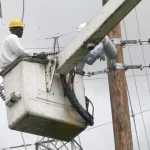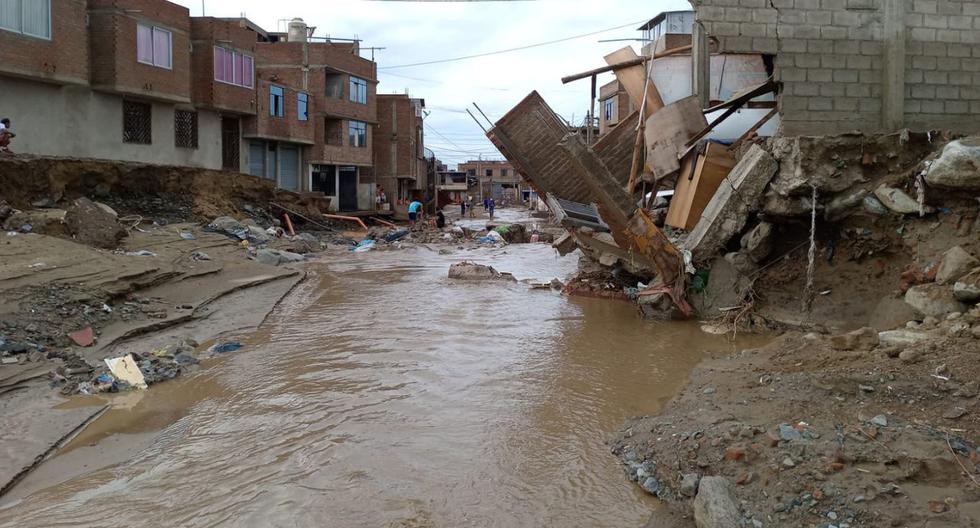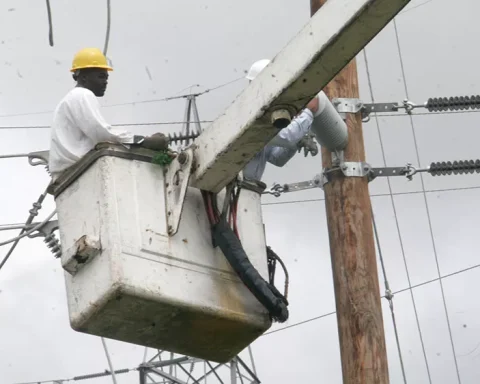C.
I think that It was Rafael Correa, the former president of Ecuador who coined the phrase: The right is applauded when he does nothing; the left is criticized for not doing everything
. The aphorism describes, on the one hand, the neoliberal governments that deregulated letting companies do what they wanted with their workers, the environment and the taxes they did not pay. On the other, it outlines what is required of plebeian governments: everything. From the outset, this double standard has to do with the fact that being on the right normally implies leaving things as they are, that don’t touch
nothing, that is not spoken, and less is acted, because the State, the power -which is understood rockwise as coercion
–, politics are bad in themselves, like Eva’s apple. Thus, if nothing is touched, the right will be fulfilling its purpose. But the left must transform and use the State, power, and do politics.
For the right, the real has a reason natural
and, therefore, it is not necessary to touch it, more than to let it flow. It was not for nothing, at the beginning of this century, that the idea liquid
of the world, in authors like Zygmunt Bauman, became best-seller. If something is wrong between you and the world, you are the one to adjust, not try to change the world. The resistance was turned into resilience
. The political capacity to oppose and defend oneself against an attack –resistance– was transformed into the power to reconstitute itself after the shock. If the resistance refers us to the original communities or to the partisans who fought against fascism –do not disappear from the earth without giving up the fight, even if in the end it does not prevail–, the resilience
it comes from the natural world: the restoration of ecosystems after an event such as an oil spill at sea. In physics, a material is resilient
when it absorbs energy from a blow and, after releasing it, returns to its original form. Thus, the right uses this term because it believes in restoring what the left has changed. That’s why her spokespersons keep saying that they’ll all see, now that they return. As if politics were a league or, more often, a pendulum.
There is another difference between the right resilient
and the left that resists, and is the idea of the future. For the right, if everything the experts said was dogma, what they propose is only an improved present, that is, a non-future. What did the neoliberals say when their regime generated more inequality, more corruption and even hindered their much-vaunted innovation
? What was to be expected? Neoliberalism, although it is hard for its theorists to admit it, was a time of an apocalyptic sect: the desired end is already here, but we still haven’t seen it. A part of the Latin American population, those excluded from politics and economic development, decided that no, that it was not necessary to wait for the paradisiacal fruits that the monetarists promised, and that it was necessary to choose to resist, not to put up with the catastrophe. . That decision not to put up with it was the beginning of the politicization that the elite finds it so difficult to understand. When the opposition criticizes because the plebeian governments have not changed all
the new politicized respond with a much more sophisticated idea of time than he is already here, but not yet
, of neoliberalism: the idea of the transformation process. It is not a flat optimism like the neoliberal one: that one day, based on a lot of effort and talent, we can all have as many millions as Elon Musk and that, if he has them, he has worked harder and is smarter than the rest. That of transformations is a hope, in the tragic sense of the term, which depends on what is possible but which is palpable. The process is not sudden, as the neoliberals claimed that the drip
of wealth from the highest cup to the lowest of the pyramid. The steps of a process are visible in public policies and in the increase of well-being. If you follow the same path, you will be able to extend it. You have to build it, not endure it.
There is another feature of do not touch
which has to do with the bodily metaphor itself. The most social of the senses is touching. They greet each other, hug each other, pat each other on the back, to express trust, reciprocity, bonds between equals. What is not touched is only seen or heard, that is, it is accepted from a distance. It is at least curious that the opposition has had its only propaganda success with a phrase of repellence to contact. It occurs to me that it is perhaps the same one that afflicts them when they say that poverty is contagious, that mediocrity infects, that they do not want their neighborhoods to be invaded by poor, immigrants, brown people. It is a propaganda motto that stores the depth of the immobility of the right for which any change is destruction, but also that of individual isolation, of the solipsis of selfish competitors. But also, the do not touch
It means that there are institutions or practices that are outside of history, that are metaphysical and that must be protected from contact with time, changes in the probable, the expectations of others.
I think that is why the media opposition –almost all– to the electoral reforms deceives by saying that if the electoral bodies are touched, there will be a regression to the electoral fraud that the political parties that are disloyal to democracy still practice. When applauded for doing nothing, the right claims immobility as if it were a demand. And he is frightened by the petate of the PRI past, frantically looking for how the present can be similar to the authoritarian past. And it is that the improved present cannot compete with the built future.

















